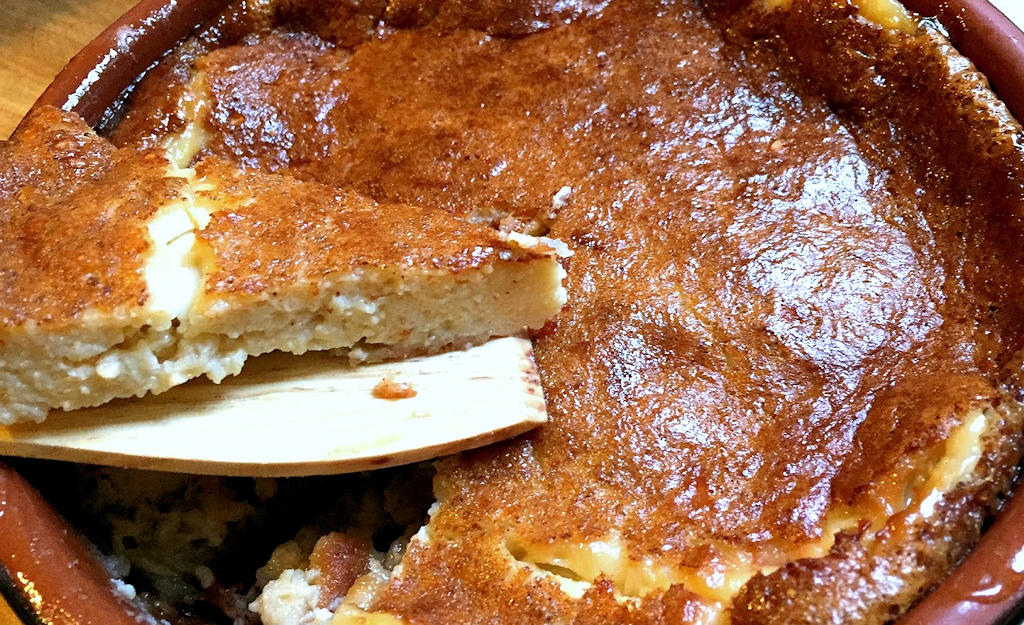Historical accounts reveal that Tigelada holds a special place in Portuguese culinary history. In Livro de Cozinha da Infanta D. Maria de Portugal, cookbook of the daughter of King Manuel I of Portugal, one can find an early mention of this delectable dessert. Originally crafted by nuns in local convents, Tigelada belongs to the esteemed category of conventual sweets, showcasing the ingenuity and resourcefulness of these skilled women.
The cultural significance of Tigelada stretches far beyond its delicious taste. For many Portuguese people, it is a symbol of identity and tradition. This dessert holds a place of honor during festive occasions such as Easter, Christmas, weddings, and birthdays, adding a touch of sweetness and nostalgia to these cherished celebrations. Local festivals and events, like the lively Festa das Tigeladas in Peral, a charming parish within the municipality of Proença-a-Nova, pay homage to the very clay bowls used in the creation of Tigelada, further highlighting its cultural importance.
Lisbon.vip Recommends
Tigelada not only embodies the simplicity and creativity of Portuguese cuisine, but it also serves as a unifying force that connects people to their roots, culture, and history. Regardless of age, gender, or social status, Tigelada welcomes all to partake in its delightful flavors. Each bite is a journey through time, evoking a sense of nostalgia and pride in the country's culinary traditions.
For tourists exploring the vibrant city of Lisbon, indulging in a slice of Tigelada is an essential experience. Let its creamy texture and delicate sweetness transport you to a bygone era, where the simple pleasures of life were savored. So, as you traverse the historic streets and immerse yourself in the rich tapestry of Lisbon's cultural heritage, be sure to seek out this traditional Portuguese dessert, Tigelada, and allow yourself to be captivated by its authentic flavors and the captivating stories it tells.



